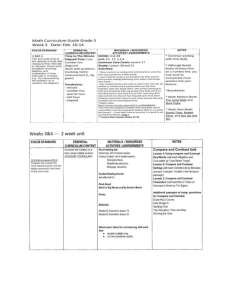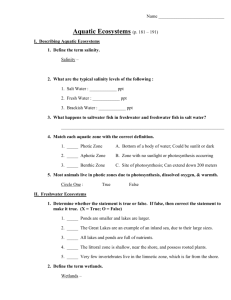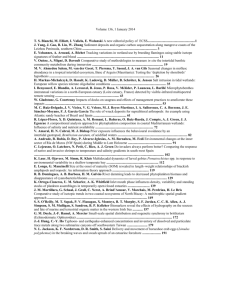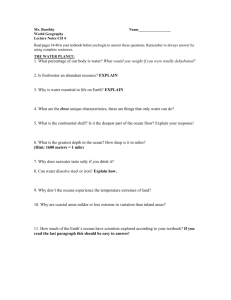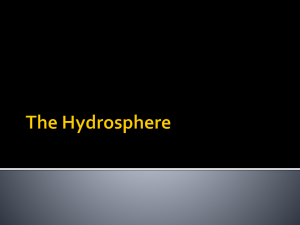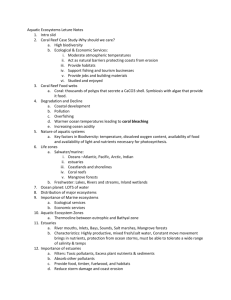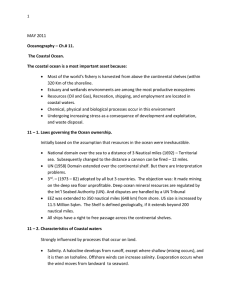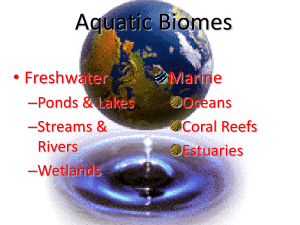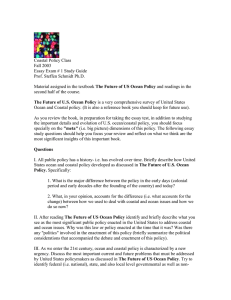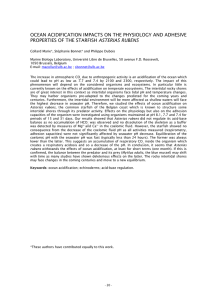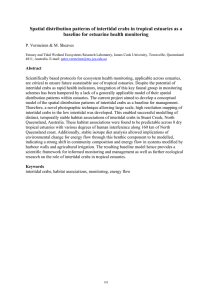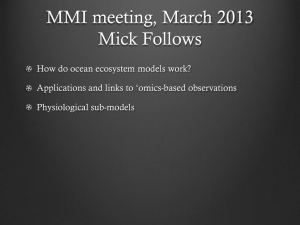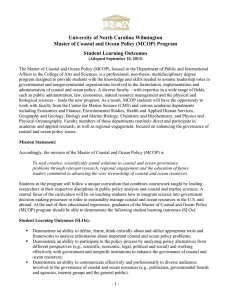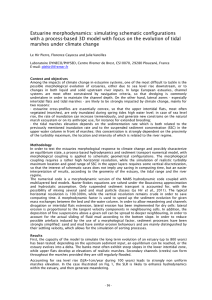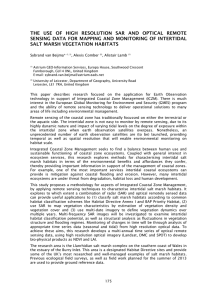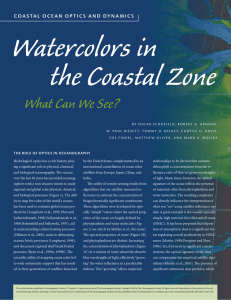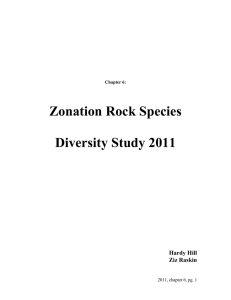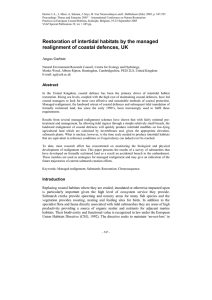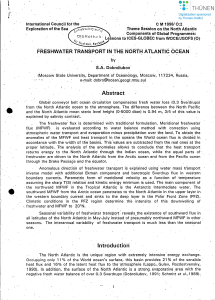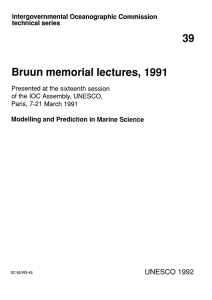Aquatic Ecosystems Powerpoint - Stanton
advertisement
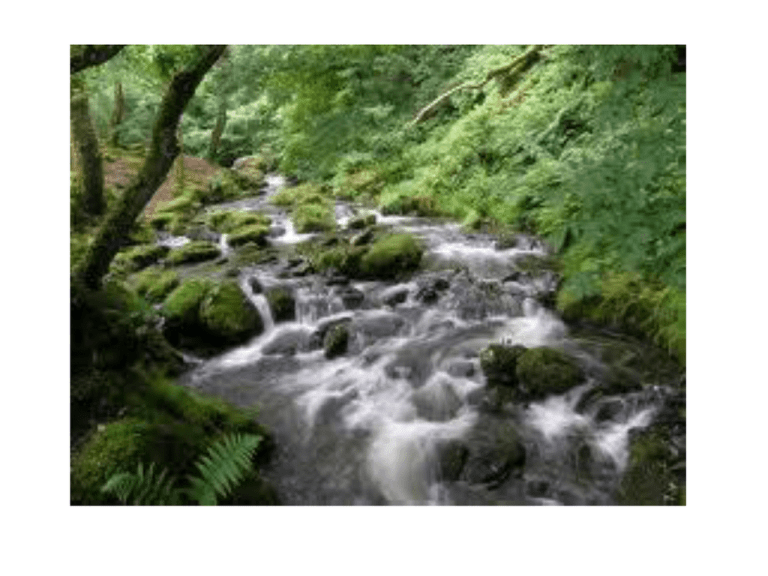
Flowing-Water Ecosystems • Rivers, streams, creeks • Plenty of dissolved oxygen • Turtles and beavers make home down stream Standing-Water Ecosystems • Lakes and Ponds • Plankton: general term for the tiny, free-floating organisms that live in both freshwater and saltwater. – Phytoplankton: unicellular algae – Zooplankton: feed on phytoplankton Freshwater wetlands • An ecosystem where water covers the soil or is present at or near the surface for at least part of the year. – Bogs – Marshes – Swamps Estuaries • Where the river meets the sea • Freshwater and saltwater mixed • Detritus: tiny pieces of organic material that provide for organisms at the base of some aquatic food webs. Salt Marshes • Temperate-zone estuaries • Salt-tolerant grasses above low-tide line • Sea grasses under water Mangrove Swamps • Tropical coastal wetlands • Found in Southern Florida and Hawaii • Several species of salt-tolerant trees Marine Zones • • • • Salt water Photic zone: where sunlight can reach Aphotic zone: sunlight cannot reach. Divided into intertidal, coastal, and open ocean zones. Intertidal Zone • Zonation: the prominent horizontal banding of organisms that live in a particular habitat. Coastal Ocean • From the outer edge of the intertidal zone to the outer edge of the continental shelf. • Kelp forests Coral Reefs • Hard calcium carbonate skeletons make up their primary structure. • Plants or animals????????? Open Ocean • More than 90% of Earth’s ocean • Examples of animals that occupy this zone: Benthic Zone • The ocean FLOOR. • Dependent on detritus
